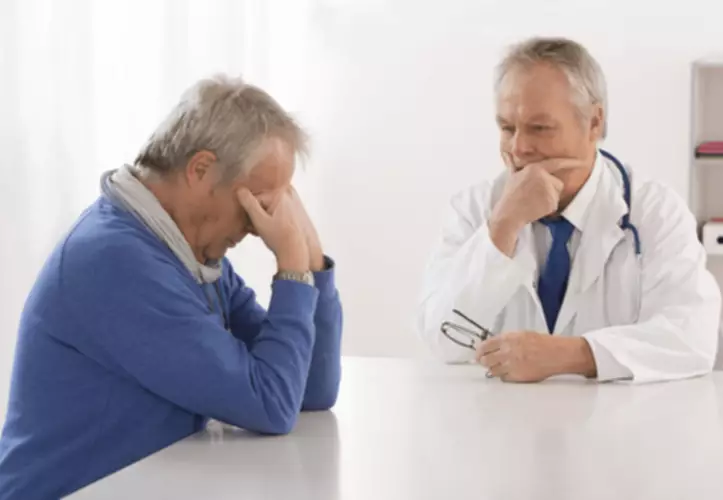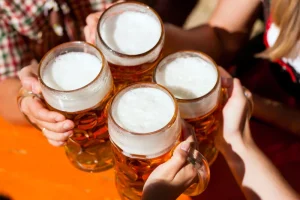Vicodin Addiction: Symptoms, Signs and Side Effects

Vicodin is a prescription painkiller intended for those suffering from severe pain, like pain following surgery. Medical professionals prescribe the medication to help alleviate pain and make the patient more comfortable. When used correctly, the medication can calm a patient’s discomfort. Because Vicodin already contains acetaminophen, combining it with other acetaminophen-containing products is extremely dangerous and toxic to your liver. Products containing acetaminophen are widespread and often available over-the-counter, including Tylenol and cough, cold and flu treatments. If you are unsure whether a product contains acetaminophen, contact your doctor or pharmacist.

The drug worked, but no one knew how
Some street drugs are laced with contaminants or much more powerful opioids such as fentanyl. The number of deaths from using heroin has gone up since more heroin now contains fentanyl. Because pure hydrocodone has a higher risk of abuse than Vicodin, Norco, and Lortab, it is generally only prescribed for severe pain. This medication is designed to treat individuals with severe, chronic pain who are opioid tolerant and have not found relief with alternate treatment options. Rehab centers use evidence-based strategies to alleviate opioid abuse.

Hydrocodone Symptoms And Warning Signs
If you have this type of reaction, you should never again take any medicine that contains acetaminophen. Hydrocodone is a drug of abuse and you should be aware if anyone is using your medicine improperly or without a prescription. vicodin addiction If you need surgery or medical tests, tell the doctor ahead of time that you are using this medicine. Contact Orlando Recovery Center to learn more about addiction treatment options available to you or your loved one.

More about Vicodin (acetaminophen / hydrocodone)
A treatment plan may include opioid agonist medications, such as methadone, to relieve withdrawal symptoms. They may also include cognitive behavioral therapy to teach strategies for living a healthier life. Vicodin is an opiate pain reliever typically used for severe pain. However, because of its high potential for abuse and misuse, it’s only prescribed when other pain medications don’t work or following a surgical procedure. Your healthcare professional may recommend that you have naloxone available to lower your risk of an overdose.
Your healthcare professional may recommend continued counseling after you’ve completed your opioid taper. Once your opioid taper starts and you’re taking a lower dose of opioids, you start to have a lower tolerance to opioids. If you suddenly take a higher dose of opioids, you’re at an increased risk of overdose. This prescription painkiller is a combination of hydrocodone and the active ingredient in Tylenol. There is a high risk for addiction, but there are many treatment options.
Take Back Your Life From Hydrocodone Addiction
- Peer pressure and lack of social support also increase the risk of addiction.
- However, some Vicodin-specific factors can increase the likelihood of an addiction forming.
- It can lead to physical problems such as stomach pain and mental health issues that can linger for years.
- If you are addicted to Vicodin or think you might be, seek professional treatment.
Vicodin Side Effects
